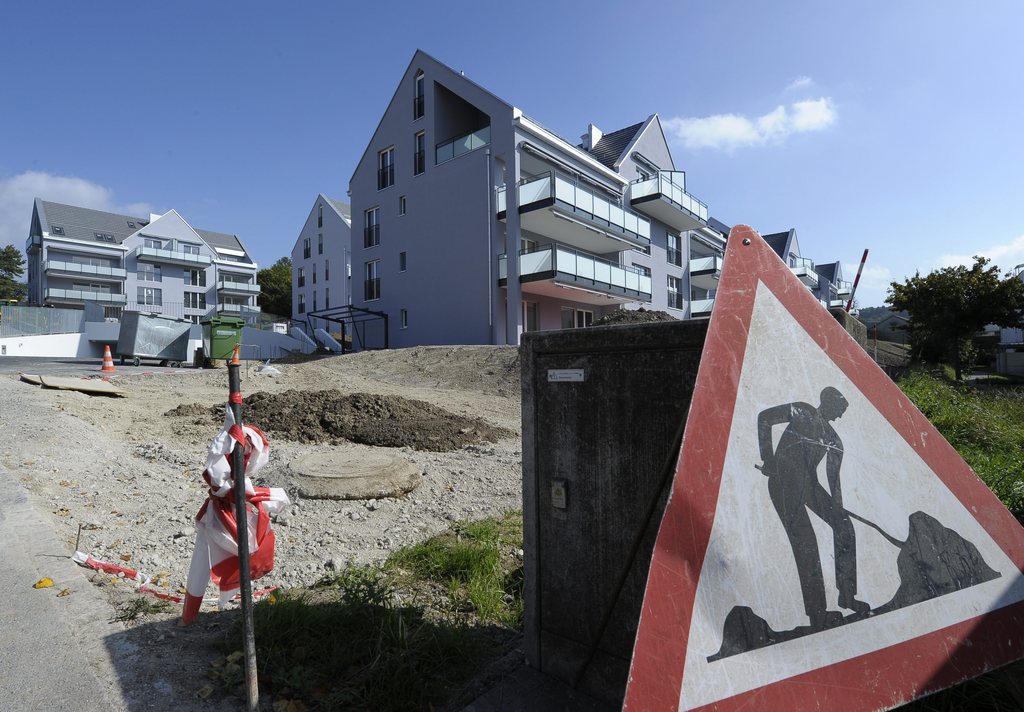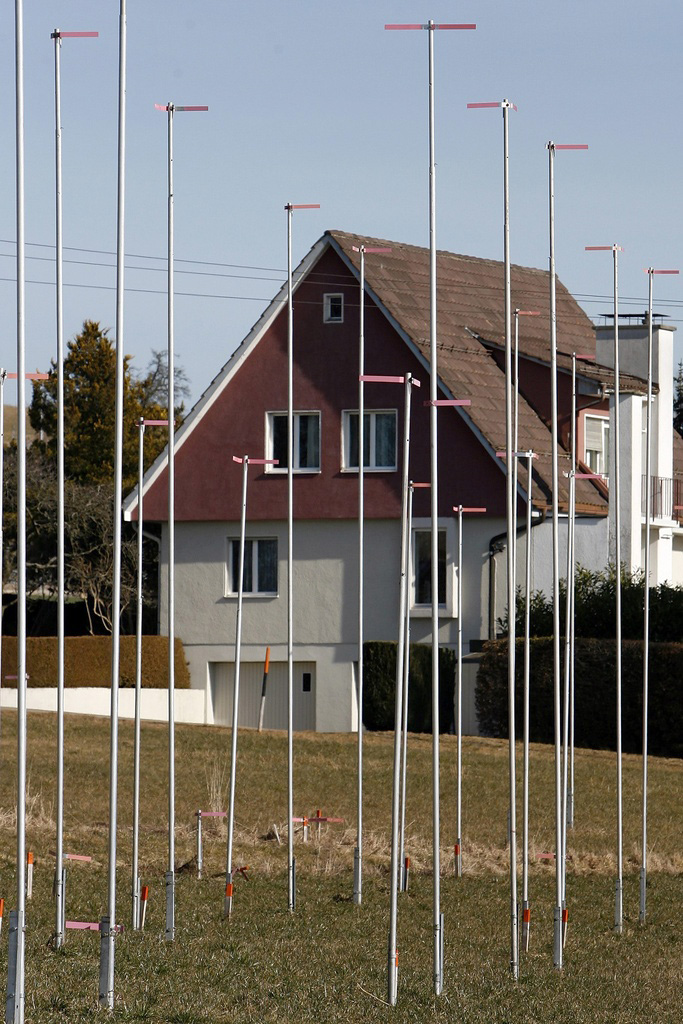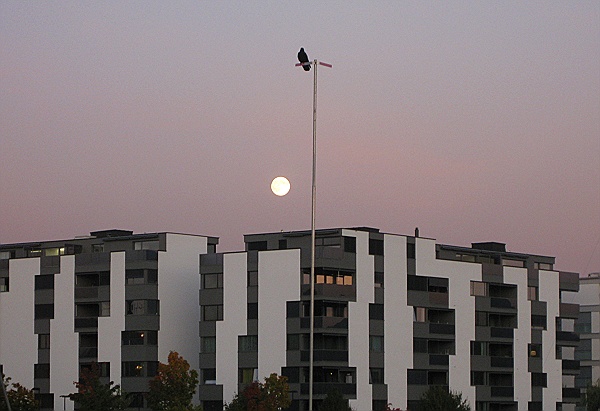Mortgage buffer ruled out amid slowing market

Following signs of a slowdown in the mortgage market in recent months, the Swiss National Bank (SNB) has decided against asking the government to implement capital buffer requirements for financial institutions.
Low interest rates have contributed to a boom in real estate prices, especially in the hotspot Zurich and Geneva markets. To rein in a possible credit bubble, the SNB announced the creation of new capital buffer requirements in June.
Under the new regulation, banks could be ordered by the government to set aside more assets to cover potential mortgage defaults on the recommendation of the central bank. But the SNB said on Monday that it was unlikely to trigger the move this year.
“Signs of overvaluation remain in certain regions and segments of the residential property market,” the SNB said in a statement. “In the second quarter of 2012, however, there were some indications of a possible slowdown of this momentum.”
But the central bank added that its action should “not be interpreted as an all-clear”, citing continued signs of high-risk lending behaviour in the housing sector.
Market restrictions
The Swiss Financial Market Supervisory Authority (Finma) also issued new constraints on lending institutions on July 1. These restrict the use of retirement savings in buying a house, stipulate that borrowers must make a ten per cent cash down payment when purchasing property, and stipulate conditions for paying off mortgage debt.
The Swiss Bankers’ Association adopted similar restrictions on July 1.
Thomas Rieder, senior economist at Credit Suisse, told swissinfo.ch that the current market cooling can mostly be attributed to those measures taken to curb irresponsible lending.
“As a result of this self-regulation, there will be households that realise that they can’t afford to buy property or that they have to look for less expensive property to buy, so we will likely see a drop in demand,” he said. “It’s probably good to take a step back and evaluate the effect of the self-regulation before putting capital buffer requirements into effect.”
UBS bank’s second quarter real estate bubble index report showed further evidence of a cooling of the housing market. It too believes that new lending restrictions could cool off the market, but not reverse the pattern of price rises.
Finma’s regulations “may curb demand for residential property and slow down price growth rates somewhat in upcoming quarters”, UBS stated in its index report.
And Robert Weinert, senior consultant at the real estate consultancy Wüest & Partner, confirmed that there is some evidence that real estate prices are gradually easing.
“Advertised real estate prices declined over the previous quarter for the first time in a while,” he told swissinfo.ch. “However, real estate transaction prices continued to go up, though less steeply in recent quarters.”
The latest SNB data that monitors the distribution of household wealth – published in November – showed outstanding mortgage debt rising from SFr604 million ($630 million) in 2009 to SFr632 million ($658 million) in 2010.
Over the same two years, the assets that Swiss households invested in real estate increased by SFr55 billion – or 4.1 per cent – to SFr1.4 trillion.

In compliance with the JTI standards
More: SWI swissinfo.ch certified by the Journalism Trust Initiative



You can find an overview of ongoing debates with our journalists here . Please join us!
If you want to start a conversation about a topic raised in this article or want to report factual errors, email us at english@swissinfo.ch.